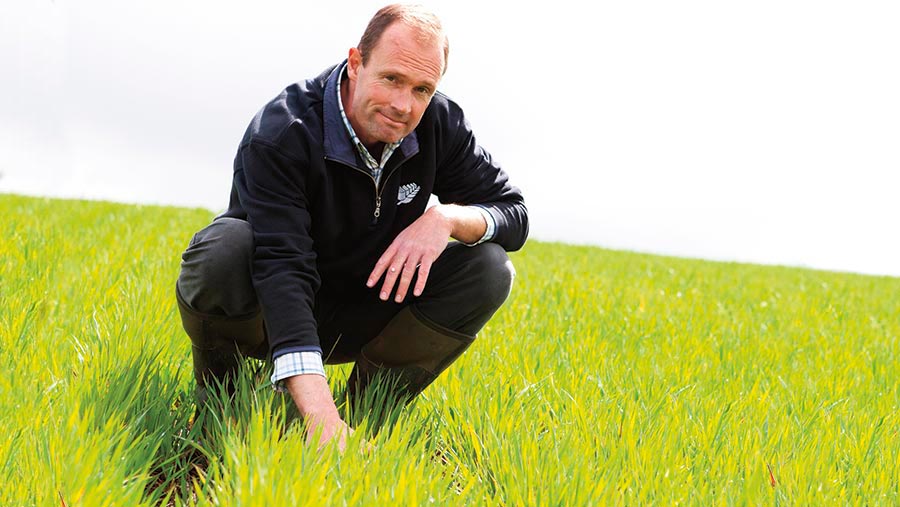Farmer Focus: Blackgrass should become a swear word
 © Alexandra Joseph
© Alexandra Joseph I wonder if blackgrass should become a swear word, certainly I often precede it with one. As usual, just as I am preparing to head off to the Cereals event thinking I’ve dealt with it, some more late comers appear.
I go for the research and “enjoyed” hearing from Rothamsted about how mixing active ingredients does not help if the blackguard has metabolic resistance to herbicides.
Of more hope were the various ideas they were investigating to control it, such as genetic techniques, germination stimulants, biological control, UV and heat.
See also: How to use integrated methods to control blackgrass
The new long-term experiment they have set up looking at different cultivations, rotations and fertiliser sources could be very useful.
Crop ancestry
At the Assist stand I saw a programme that models changes in such things as soil carbon, pollinator richness and calories produced for changes in cropping intensity.
At a brief glance, upping cropped area seems to show the familiar idea of increasing calories but decreasing pollinator richness, for instance. But other research I found there suggests that we can have wildlife-friendly farming and increase crop output.
Work being done at NIAB on improving nitrogen use efficiency and the root architecture of wheat, and at the University of Essex on increasing the efficiency of photosynthesis and water use, would compliment this.
At the JHI stand they described their attempts to build the malting characteristics of spring barley into winter varieties and showed me a fascinating crop ancestry tool that depicts the family tree of current varieties.
I will have a look at this to see if I can find Napier or Istabraq in any parentage, because these have anecdotally been good in no-till situations – perhaps they could feature it in AHDB Recommended Lists?
What really frustrates me is that much of this work relies on BBSRC funding, who, in turn, rely on scientific papers published as a measure of success.
In fact, knowledge transfer to farmers is often held up as papers wait to be accepted! What on earth is the point if research never makes it to the field?

